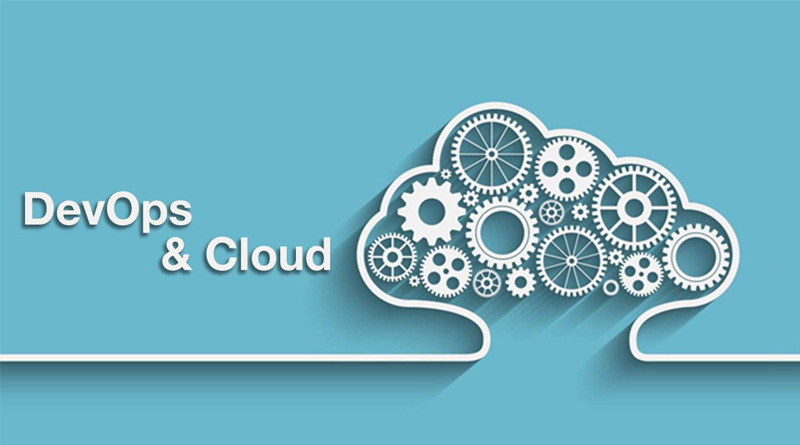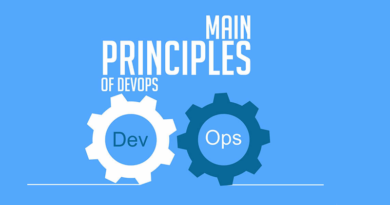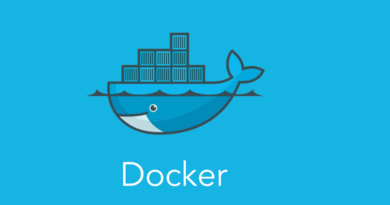Why Cloud Environment and DevOps are Compatible with Each Other
Cloud environment ‘s of each company have grown, including AWS (Amazon Web Services) and GCP (Google Cloud Platform). Nowadays, enterprises are reviewing the use of cloud environments and private cloud usage records are also increasing.
With the development of cloud environment, organizations are attracting towards opting DevOps by finding it more efficient. Cloud and DevOps walk together one can use these two things but if you use together, they are much stronger.
There is an increasing talk of considering DevOps and the cloud environment as ‘Infrastructure as Code’ that further strengthens many of the benefits of cloud deployment at the site of the enterprise. Cloud excels in procurement & cost makes the trend of popularization of DevOps.
Companies are required to have a structure to use clouds well, to develop and operate agile. One of the things effective to solve these two new demands on the IT department is tools and services that watch and manage the performance of applications running in various environments.
In order to break the barriers between application development and operation interest towards ‘DevOps’ is increasing. This development/operation approach results in maximizing the value generated by software. By utilizing the public cloud as a practical foundation of DevOps, one can unify the foundation of development/operation. It is also possible to reduce the cost and time required for procurement of base.
DevOps and Containers, On-Premise and Cloud
A lot of debate is going on whether cloud or on-premise has already become old. Such a discussion is a time when people were arguing whether to leave work on on-premise data center or shift to a cloud in times when the cloud was still new. However, the Docker Revolution brought a new dimension to this discussion. Many companies are adopting containers (virtualization) one after another, and discuss whether the container is best-placed on-premises or clouds.
Relationship between DevOps, Container, Cloud
Combinations of DevOps and containers are considered to be one way to do IT in the cloud. After all, the final goal of the DevOps movement that the container brings is expandability and flexibility and is the primary reason for many people to move to the cloud. Since virtualization and continuous delivery match the cloud (or cloud-like environment), if you are implementing DevOps through agile development, apply it to the IT usage process customized to the cloud you can develop it without it.
DevOps and On-Premises
Today’s on-premises systems are widely matched to the general definition of ‘private clouds’ and are suitable for the automated development and operation cycle that is the heart of DevOps. Indeed, the major operators of the DevOps / container world, including AWS and Docker, like strong support for deployment to on-premises and like Rancher designed to work across the boundary between public cloud and private cloud.
Enhancement of integration infrastructure
Platforms such as AWS and GCP offer APIs for vendors and external services to build environment within the platform. In the same way as setting up a physical server to build a service operating environment, you can build a service operating environment on the cloud using the API. When this environment construction is automated and the genus of people is diluted, it is supposed to be operating using DevOps.
Conclusion
Development sites are using DevOps practices and tools as they are moving from on-premises to operation on the cloud environment. Till now on-premises has been mainstream but with the success of DevOps, companies are diverting towards cloud environment. Among the current cloud pushing trends, the companies providing cloud platforms have launched many examples and achievements related to DevOps.




